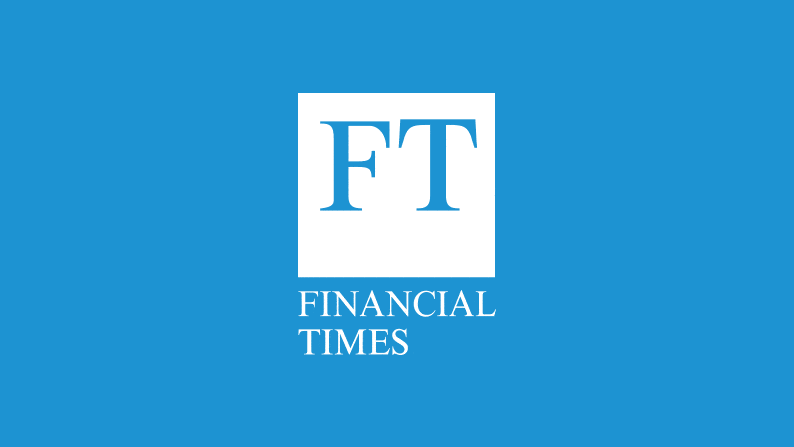July 20, 2018 – HoyleCohen LLC, is pleased to announce that we have been named as one of the Financial Times 300 Top Registered Investment Advisers for the fourth consecutive year. The list recognizes top independent RIA firms from across the nation.
Financial Times: Top Registered Investment Advisers 2018
Disclosures: This fifth edition of the FT 300 assesses registered investment advisers (RIAs) on traits desirable to clients. To ensure a list of established companies with substantial expertise, we examine the database of RIAs registered with the US Securities and Exchange Commission and select those that reported $300m or more in assets under management (AUM). The Financial Times’ methodology is quantifiable and objective. The RIAs have no subjective input. The FT invites qualifying RIA companies — more than 2,000 — to complete a lengthy application that gives us more information about them. We add this to our own research into their practices, including data from regulatory filings. Some 760 RIA companies applied and 300 made the final list. The formula the FT uses to grade advisers is based on six broad factors and calculates a numeric score for each company. Areas of consideration include adviser AUM, asset growth, the company’s age, industry certifications of key employees, SEC compliance record and online accessibility. The reasons for these criteria are as follows: AUM signals experience managing money and client trust; AUM growth rate can be a proxy for performance, as well as for asset retention and the ability to generate new business. We assessed companies on one- and two-year growth rates; Companies’ years in existence indicates reliability and experience of managing assets through different market environments; Compliance record provides evidence of past client disputes — a string of complaints can signal potential problems, for example; Industry certifications (CFA, CFP®, etc.) show the company’s staff has industry knowledge and signals a professional commitment to investment skills; Online accessibility demonstrates a desire to provide easy access and transparent contact information. AUM comprised approximately 70 to 75 per cent of each adviser’s score, while asset growth accounted for 15 to 20 per cent. Additionally, the FT caps the number of companies from any one state, based roughly on the distribution of millionaires across the US. We present the FT 300 as an elite group, not a competitive ranking of one to 300. This is a fair way to identify the industry’s elite advisers while accounting for the companies’ different approaches and different specializations. The research was conducted for this report by Ignites Research, an FT sister publication.

